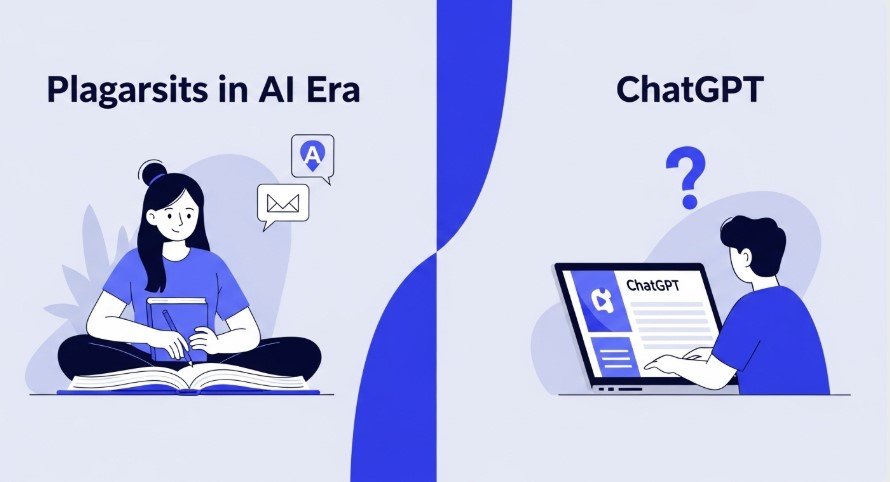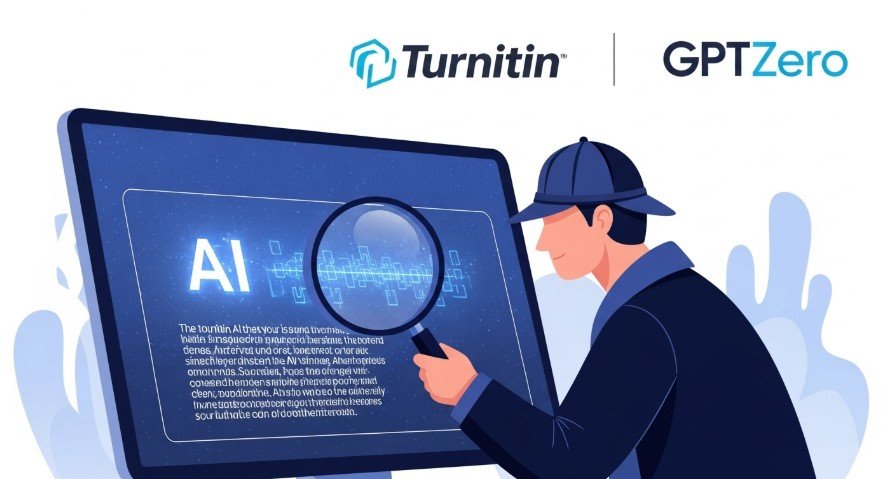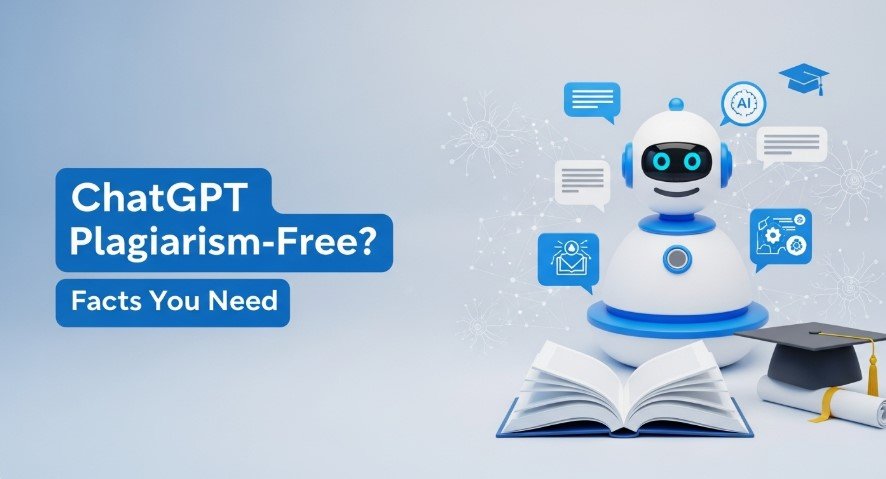In recent years, artificial intelligence (AI) has changed how we approach writing and research. Tools like ChatGPT, developed by OpenAI, are popular for generating human-like text based on user prompts. But a key question arises: Is ChatGPT plagiarism-free? This article dives into the nuances of AI-generated content, its implications for plagiarism, and how to use such tools responsibly in academic and professional settings.
What is Plagiarism?
Plagiarism means presenting someone else’s work or ideas as your own without proper credit. It includes:
- Direct copying: Using exact text without quotation marks or citation.
- Paraphrasing without credit: Rewriting ideas without citing the source.
- Using ideas without attribution: Presenting concepts as your own when they come from elsewhere.
With AI, plagiarism gets tricky. Tools like ChatGPT generate text from vast datasets, which may include existing material, raising questions about originality.
How Does ChatGPT Work?
ChatGPT is a large language model (LLM) that uses natural language processing (NLP) to create responses. Trained on diverse internet text, it produces coherent, contextually relevant answers. Its outputs are unique remixes of learned patterns, not direct copies. However, for common topics, the text may resemble existing sources, which can be flagged by plagiarism detection tools.
Is ChatGPT Itself Plagiarism?
ChatGPT doesn’t plagiarize in the traditional sense because it generates new text combinations. Each response is unique, based on its understanding of language and context. But its outputs may closely resemble existing content, especially for well-covered topics. For instance, an essay on a common subject might seem similar to online sources, potentially triggering detection tools.
Can Using ChatGPT Lead to Plagiarism?
While ChatGPT itself doesn’t plagiarize, improper use can lead to plagiarism issues. Key scenarios include:
- Submitting AI-generated content as your own: Using ChatGPT to write an entire essay or report and submitting it as original work is plagiarism.
- Not citing AI use: Failing to disclose ChatGPT’s role, even with edits, can be unethical and potentially plagiaristic.
- Not verifying facts: ChatGPT can provide inaccurate information, so relying on it without fact-checking may lead to misinformation, another form of academic dishonesty.
A 2023 Forbes article noted that 89% of students use ChatGPT for homework, raising concerns about plagiarism and cheating. This underscores the need for responsible use.

Detecting AI-Generated Content
As AI tools grow, so do methods to detect their output. Common tools include:
| Tool | Purpose | Accuracy |
|---|---|---|
| Turnitin | Plagiarism and AI detection | High, but not 100% accurate |
| GPTZero | Detects GPT-generated text | 98% for texts ≥250 words, per PCGuide |
| Grammarly AI Detector | Flags AI-generated content | Varies, part of Grammarly suite |
These tools aren’t perfect and may produce false positives or negatives. A 2024 Tech.co article highlighted that even advanced detectors like Turnitin have limitations. Combine them with other integrity measures.

How to Use ChatGPT Responsibly
To avoid plagiarism and uphold academic integrity, follow these best practices:
- Use ChatGPT as a starting point: Let it help brainstorm or structure ideas, but add your own analysis.
- Cite AI assistance: Note its use, e.g., “This section was assisted by ChatGPT, developed by OpenAI.”
- Fact-check and edit: Verify information and ensure the text reflects your voice.
- Use plagiarism checkers: Run your work through tools like Turnitin or GPTZero before submission.
- Follow institutional policies: Check your school’s or workplace’s AI guidelines.
The American Psychological Association (APA) suggests citing AI tools like ChatGPT as sources. This promotes transparency and ethical use.
People Also Ask: Addressing Common Questions
Can universities detect ChatGPT use?
Yes, tools like Turnitin and GPTZero can identify AI-generated text, though accuracy varies. Learn more about detection in our post on Can Blackboard Detect ChatGPT?.
How should I cite ChatGPT?
Disclose its use, e.g., “Assisted by ChatGPT, developed by OpenAI,” as per APA guidelines.
Is using ChatGPT cheating?
It depends. Using it without original input can be cheating, but as a learning aid with proper acknowledgment, it’s often acceptable.
What are the best AI plagiarism detection tools?
Turnitin, GPTZero, and Grammarly’s AI Detector are effective but not flawless.
Conclusion
ChatGPT is a valuable tool for writing and research but isn’t a substitute for original thought or proper citation. While it generates unique text, misuse can lead to plagiarism. By understanding how ChatGPT works, using detection tools, and following responsible practices, you can benefit from AI while maintaining integrity. As AI use grows, ethical considerations remain vital, especially in education.
